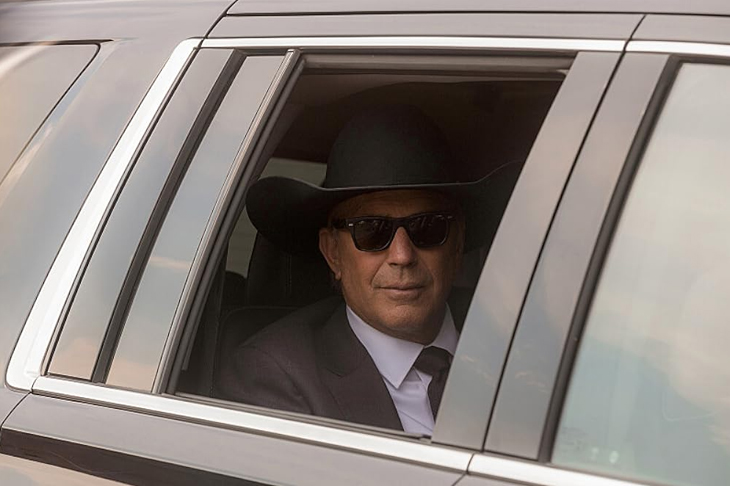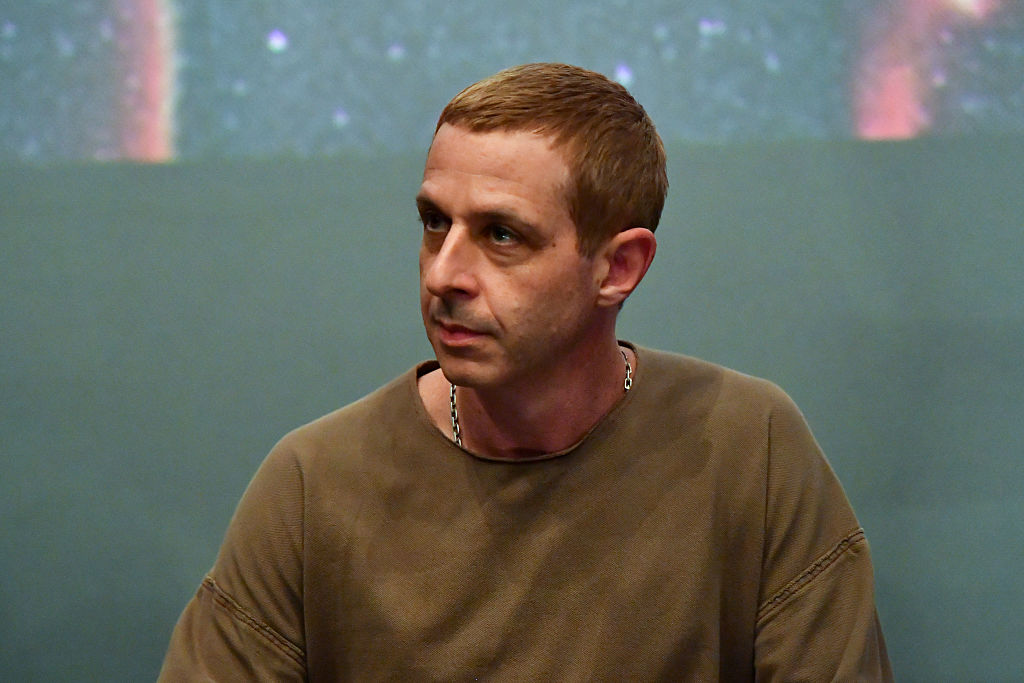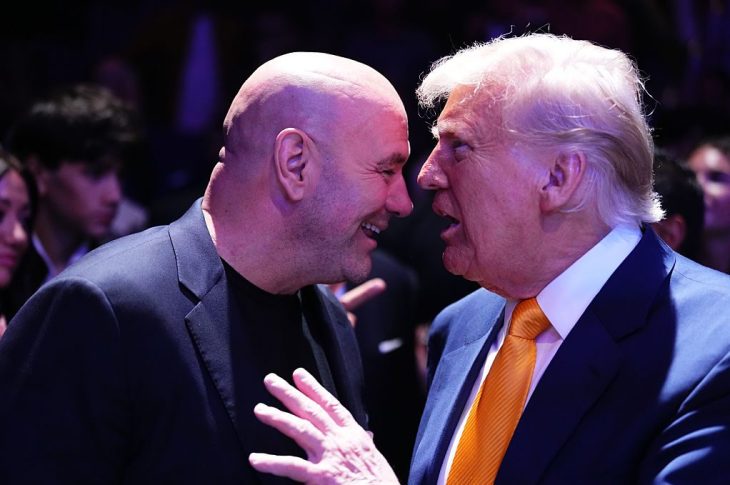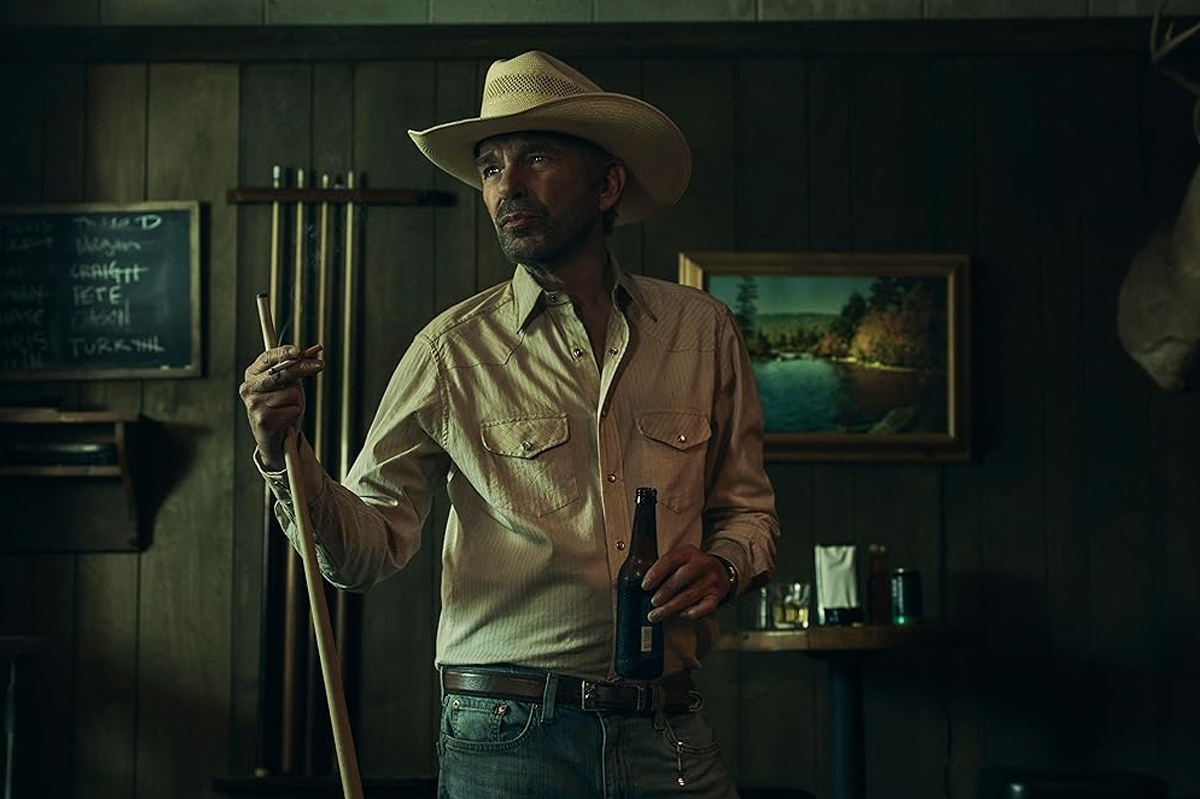When Kevin Costner announced that he would not be returning to Yellowstone, the contemporary Western series that revitalized his career, the news was greeted with consternation. Costner had been the pivotal figure in the show’s previous four and a half seasons — and it was expected that he would return as the patriarch John Dutton III for the final installment, even though he was busy filming his own epic pictures, Horizon. However, amid well-documented spats between him and the show’s creator Taylor Sheridan, Costner announced that he would not, in fact, return for Yellowstone’s final episodes.
Rather than leaving the door open for a final, face-saving cameo, Sheridan dealt with Costner in brutal fashion. In the latest episode, Dutton lies dead; initially it is thought to have been a suicide, but it soon transpires that he has been murdered by an assassin, hired by his estranged son’s girlfriend. Costner gave a carefully modulated comment on his demise, saying, “I heard it’s a suicide, so that doesn’t make me want to rush to go see it.” He also stated that he believed, despite everything, his character may yet be alive, saying “They’re pretty smart people. Maybe it’s a red herring. Who knows? They’re very good. And they’ll figure that out.”
In any case, Dutton’s demise has gone down appallingly badly with the show’s loyal audiences. Call it Game of Thrones syndrome, but the disappointment at having Yellowstone’s lead written out, potentially making the final few episodes an experience like watching King Lear without the king, has seen the show plummet in its audience ratings, from the 80-90 percent audience satisfaction that earlier seasons were receiving to a measly 40 percent. The fanbase, then, is definitely not happy, which will make the next episodes challenging to watch. But can any popular show really survive the departure of its lead?
There have been plenty of examples of this in recent times. Sometimes, the lead actor simply moves onto other projects and the role is recast, as with Henry Cavill and The Witcher. The similarly buff and probably cheaper Liam Hemsworth has assumed his part for the forthcoming new season. A few years back, the untimely death of Andy Whitfield meant that the Starz show Spartacus: Blood and Sand had to be recast with Liam McIntyre for the show’s further seasons, Vengeance and War of the Damned. Yet not to take anything away from these shows, but it is tempting to believe that the audience are unlikely to care which particular he-man is cast in the lead, as long as they can grunt and fight at all the right moments and, for a certain section of the audience, looks good with their shirt off.
More interesting examples come when the lead is killed off early, as in the final series of Succession, in which Brian Cox’s monstrous Logan Roy makes an early exit in the episode “Connor’s Wedding.” It was a masterly episode, which, unsurprisingly, helped the show sweep the Emmy awards this year. Yet the suspicion remained that, with the profane, charismatic Logan gone, the show lacked its anchor, and Cox himself commented that “It was an odd feeling. I looked on it, wrongly, as a form of rejection. I was fine with it ultimately, but I did feel a little bit rejected. I felt a little bit, ‘oh, all the work I’ve done. And finally I’m going to end up as a New Yorker on a carpet of a plane’.” And, of course, actors misspeak and can be written out of shows: hence the decision to fire Roseanne Barr from her eponymous sitcom after some unfortunate, racially charged comments and retool the series as The Conners, following her family after the Roseanne character’s death.
Reading between the lines, Costner seems annoyed that Sheridan has won this particular bout, proving that it is his show and that nobody on it — not even Costner — is not expendable. This is wholly understandable — and it may well be that the show should have delayed its production to accommodate Costner, once he has Horizon out of his system. Yet precedent suggests that every actor believes that they are irreplaceable, and some might even be right. When a showrunner wearies of their egomaniac diva star, it might be all too tempting to write them out or hire another, more pliable actor. It remains a significant gamble, and may be worth taking, but on other occasions it may end up being best to stick with the overpaid, demanding devil you know.


























Leave a Reply